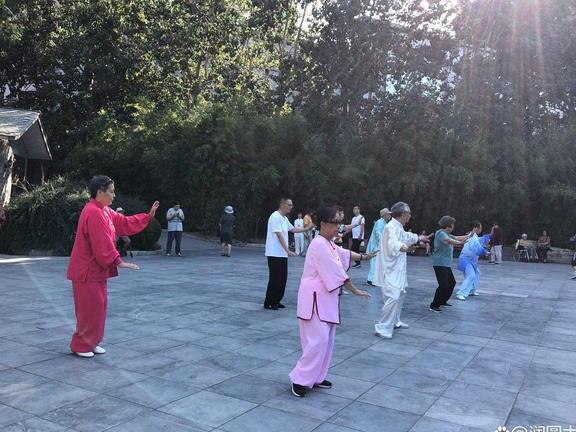Tai Chi, to me, is a fitness and philosophical system full of endless wisdom and rich cultural connotations. It is not just a set of movements, but also carries an ancient concept of life, pursuing the highest state of harmony and unity of body and mind.
The essence of Tai Chi movements
In Tai Chi movements, mellowness and agility can be seen everywhere. Its movements are like clouds rolling and relaxing, continuous and continuous. Taking the rising position as an example, the hands rise slowly, as if holding up the sky, and it also awakens the inner vitality. Every movement should be controlled Tai Chi And Diabetes Courses Online . It should not be too strong, but should also be restrained and moderate. Just like drawing a bow and shooting an arrow, you need skill, not brute force. In the park, you can often see old people practicing Tai Chi. Their movements are peaceful and energetic.
It differs from dance, which may be more performance-focused, while Tai Chi is dedicated to physical and mental cultivation.
The health benefits of Tai Chi
Tai Chi has many health benefits. First of all, it can enhance the flexibility of the body; in the process of constantly turning, bending, and lifting our legs, our joints are fully exercised. After practicing Tai Chi, many middle-aged and elderly people feel that their bodies are lighter than before. In addition, Tai Chi Lessons can also improve cardiopulmonary function; the rhythm of its movements is smooth, and combined with regular breathing, the breath flows smoothly in the body, just like a gentle massage for the heart and lungs.
Some people with chronic diseases can also use Tai Chi to assist their recovery.
Philosophy in Tai Chi
Tai Chi contains rich philosophical essence, and the Yin and Yang theory runs through its entire system. The alternation of virtuality and reality in the movements is a concrete manifestation of the concept of yin and yang. The left foot is firm and the right foot is light. This posture is a manifestation of the harmony of yin and yang. In daily life, we can also draw wisdom from Tai Chi philosophy. For example, when faced with problems, be impartial and know how to make timely adjustments, responding flexibly like Tai Chi movements.

This philosophical wisdom is also reflected in the field of traditional medicine. Traditional Chinese medicine also emphasizes the balance of yin and yang to achieve the purpose of regulating body functions.
The cultural heritage of Tai Chi
Tai Chi, as a treasure of our country’s traditional culture, is particularly critical for its inheritance. Many folk artists and senior boxers are the backbone of Tai Chi inheritance. They passed on their skills and experience to future generations without reservation. However, in the fast-paced modern society, fewer and fewer young people are willing to devote themselves to Tai Chi. This is undoubtedly a serious challenge. So, how do we attract the attention of young people and allow this ancient culture to be passed on?



Leave a Reply